In the digital age, social networks have become the “second home” of young people - a place to communicate, learn, create and express themselves. This space opens up opportunities to access knowledge, connect with the community, promote self-study and critical thinking. However, along with the positive aspects, the negative consequences are increasingly evident: deviations in perception, behavior, psychology, and even a crisis of values in a segment of students.
However, the problem does not lie in social networks, but in the users' ability to master technology and digital culture. The most fundamental solution, therefore, must start from education - from family, school, society and each student himself.
Forming “digital immunity”
According to Dr. Nguyen Quang Hung - Deputy Head of Student and Trainee Management Department (Hung Vuong University), the current priority is to develop students with "digital immunity" - the ability to self-protect, self-control and criticize information when participating in the online environment.
Dr. Nguyen Quang Hung emphasized: "It is necessary to make digital skills education and online culture an official part of the training program, equipping students with the ability to identify and filter fake news, and choose information responsibly."
When young people understand how to use technology safely, they not only avoid the risks of fraud and incitement, but also build their capacity and civic responsibility in cyberspace.
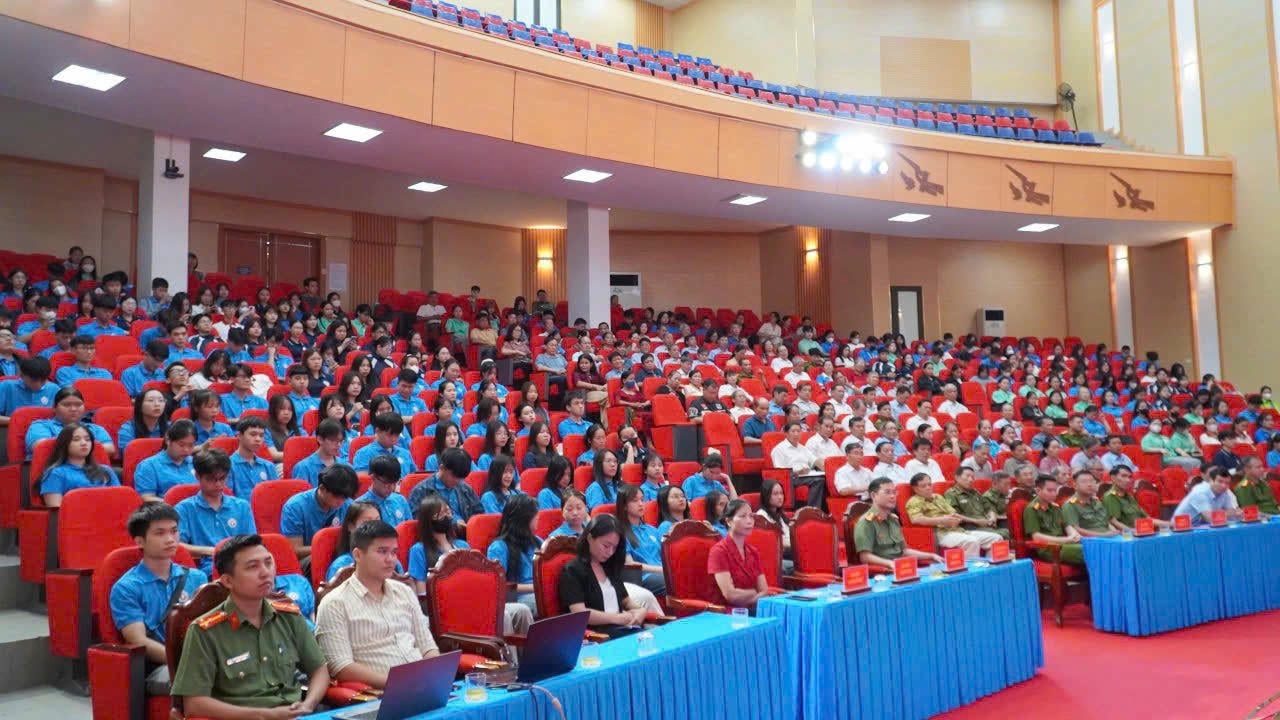
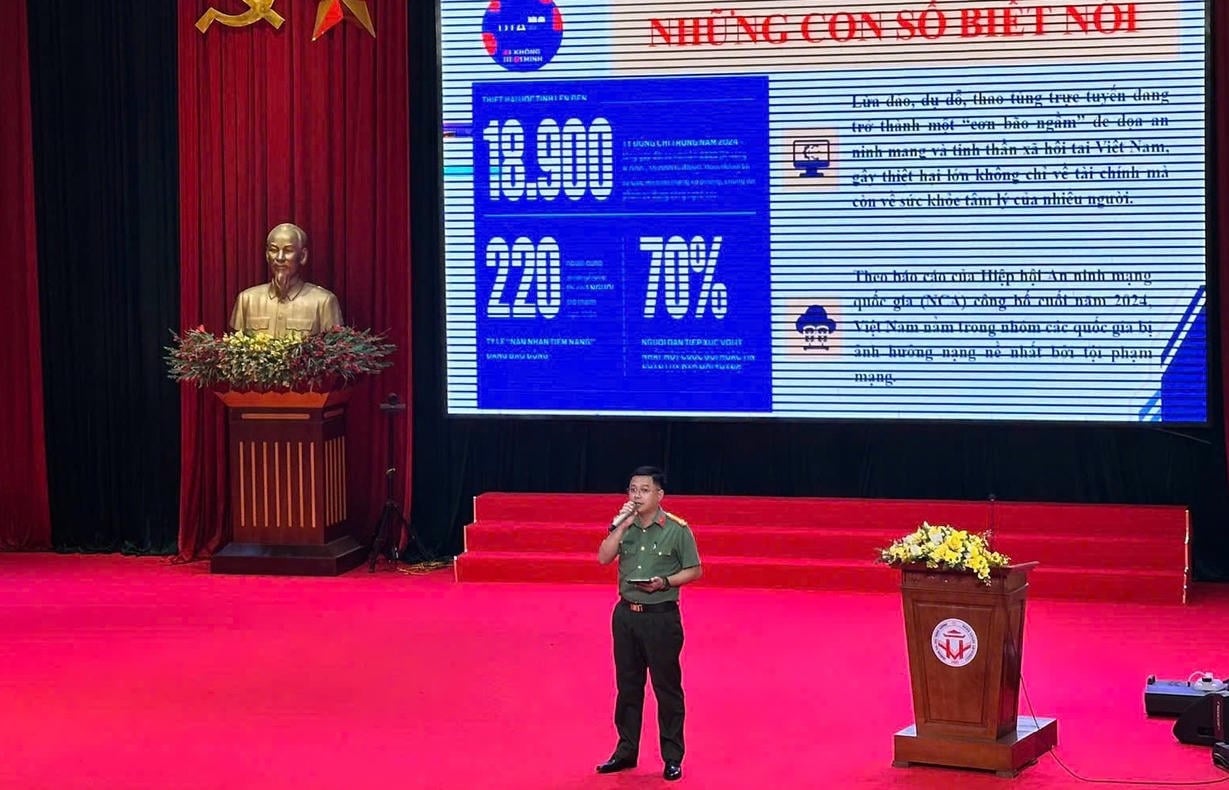
At Hung Vuong University, that orientation does not stop at slogans. The school has issued regulations on the use of phones in the classroom - encouraging research and study, but absolutely limiting entertainment during class to maintain school discipline. In parallel, seminars, seminars on digital skills, information selection skills and online fraud prevention are organized periodically.
During the “Citizenship Week” at the beginning of the school year, the school invited the police to discuss methods of virtual seduction and “kidnapping” and to guide students in protecting themselves. The school also signed a cooperation agreement with the ward police to monitor and provide early warning of unusual phenomena in cyberspace.
According to Dr. Hung, these measures not only improve digital skills but also "build a safe and humane online culture in the university environment" - a prerequisite for technology to become a tool to serve knowledge, not the other way around.
Dr. Nguyen Quang Hung said that instead of "if you can't manage it, ban it", it is necessary to build a flexible management mechanism, not extreme or rigid, combining discipline and encouragement, helping students voluntarily form positive and humane habits of using social networks.
In addition, functional units and state management agencies also need to supplement regulations, rules and sanctions on social network management with deterrence and education in line with current development trends.
If we consider social networks as a “miniature society”, then schools are the places that teach students how to live and behave in that society. At Hung Vuong University, the “soft management” model is implemented in parallel with psychological support. The school established a school counseling team to help students who are bullied online, have psychological disorders, or are in crisis from social networks. Academic advisors and student managers regularly exchange and grasp the psychology in class, periodically check in and out of school to provide timely guidance.
“We also set up a zalo channel to contact parents when detecting students showing unusual signs, and at the same time built student management software, through which we can grasp the situation of ideological developments, in order to have timely preventive and containment measures,” said Dr. Hung.
These soft measures have, in fact, created a "psychological shield", a "fence" - both controlling and supporting - helping students gradually form the habit of using social networks positively and being more independent in their digital lives.
Family - the first filter of "digital personality"
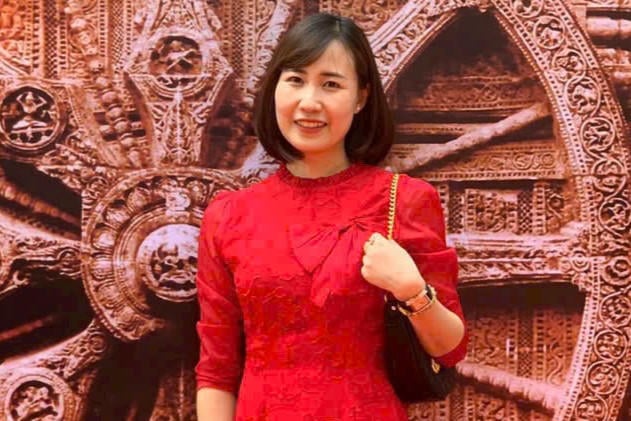
If school is the place to equip knowledge, then family is the "first filter" of personality. Ms. Pham Thi Van, teacher at Lung Hoa Primary School (Vinh Thanh Commune, Phu Tho) emphasized: "To limit the negative effects of social networks on the current education sector, in my opinion, first of all, there must be close coordination between schools and parents in educating digital skills and controlling device usage time. In addition, there needs to be more official educational materials and resources on safe internet skills for primary school students, compiled to suit their age. Each school should also have extracurricular sessions to talk with students and parents."
"On the education side, I hope there will be stricter regulations on network platforms, especially filtering harmful content, so that children cannot access it as easily as they do now," Ms. Van shared.
This is a very practical perspective - showing that digital education cannot rely solely on schools, but must be a responsible "alliance" between families and schools, both environments must work together in the process of forming healthy social media usage habits.
At the secondary level, teachers are close to and have a direct influence on students. Master Dam Thi Mai, Head of the Social Sciences Department, Thuan Hoa High School (University of Education - Hue University) shared that her school always considers the education of social network skills as part of the ethics training program.
“We guide students towards a healthy lifestyle - encouraging them to exercise, join music and sports clubs, and avoid dependence on phones,” Ms. Mai shared.
Along with that, propaganda activities on the proper use of social networks are flexibly integrated into flag-raising ceremonies, life skills lessons or experiential activities, helping students acquire knowledge naturally and enthusiastically. The school also pays special attention to closely coordinating with families in educating and guiding students. Each class is equipped with a phone cabinet to limit use during class time, creating a focused and serious learning environment.
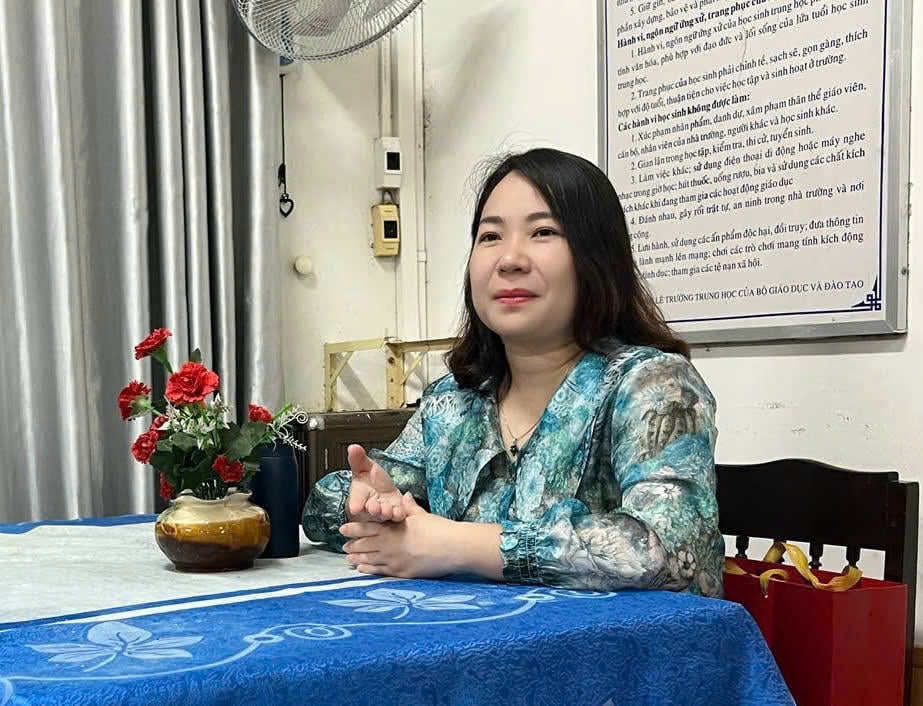
At the same time, homeroom teachers regularly remind and encourage students to use social networks effectively, sharing positive information about the school, class, emulation movements and community activities. Small competitions based on shares or interactions are also organized to inspire creativity and spread good messages.
To effectively and appropriately manage students' social networks, the school maintains a three-way coordination between family - school - students, creating a cohesive "circle of responsibility". The school's discipline committee takes strict measures to handle cases where students use social networks to post and spread inappropriate content, while combining education and orientation to help students properly perceive the consequences of online behavior.
It can be affirmed that social networks are not bad, the important thing is how people use them. Education, therefore, should not have a "coping" mentality, but should proactively "transform" social networks into an open educational space, associated with humanistic values, creativity and responsibility.
According to Dr. Nguyen Quang Hung, a necessary direction today is to apply social networks to teaching and learning activities. “It is necessary to innovate teaching methods associated with applying social networks to learning activities, so that technology becomes a supporting tool, not an obstacle or a factor causing unnecessary consequences. At the same time, it is necessary to improve the digital capacity of lecturers and student managers so that they can manage and guide students in a detailed and flexible manner, suitable for the current digital transformation context,” Dr. Hung suggested.
This spirit is also affirmed in the tasks and solutions set forth in Resolution 71-NQ/TW: "Building smart education platforms, smart textbooks and curricula; promoting the application of science and technology, artificial intelligence in innovating teaching and learning methods, testing and assessment; promoting the application of digital education models, artificial intelligence education, smart education management, digital schools, smart classrooms".
The issuance of Resolution No. 71-NQ/TW by the Politburo on “Breakthrough in education and training development” is a solid political foundation for the education sector to innovate propaganda, management and application of social networks in schools. When the policy is concretized by practical actions from the grassroots, social networks are no longer an “issue to avoid”, but will become a modern educational tool, helping the young generation to mature in knowledge, ethics and digital skills.
Building a healthy and safe online environment for students is not just a matter of the education sector, but a shared responsibility of the whole society. State management agencies “create corridors”, schools provide guidance, families accompany, society supports, the media guides, and each young person in general, students and pupils in particular, must be a smart social media user – these are the “pillars” for social networks to truly become a space for learning, creativity and humanity for young Vietnamese people today.
The “Not Alone” campaign, launched by the Department of Cyber Security and High-Tech Crime Prevention (Ministry of Public Security) in coordination with other units, was deployed nationwide, targeting 12 million adolescents (12-24 years old), expanding access to 22 million high school students and millions of parents and teachers, who are considered the “first shield” in protecting children from cyber dangers.
The message “Not Alone” is not just a slogan, but a common commitment of society, every child has the right to be safe, protected and heard, both in real life and in cyberspace. The campaign aims not only to warn of risks, but also to build a culture of digital safety, helping children, parents and schools have enough skills to identify, prevent and respond to cybercrime, so that no one, anywhere, is “alone” in the face of technological dangers.
Source: https://baophapluat.vn/khong-de-hoc-sinh-sinh-vien-don-doc-tren-mang-xa-hoi-bai-cuoi-chung-tay-xay-dung-ban-linh-so-cho-nguoi-tre-viet-nam.html






![[Photo] Government holds a special meeting on 8 decrees related to the International Financial Center in Vietnam](https://vphoto.vietnam.vn/thumb/1200x675/vietnam/resource/IMAGE/2025/11/04/1762229370189_dsc-9764-jpg.webp)

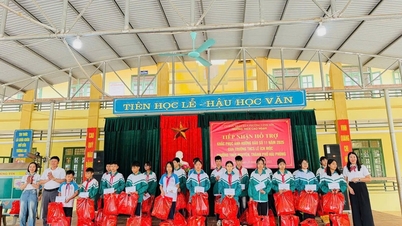








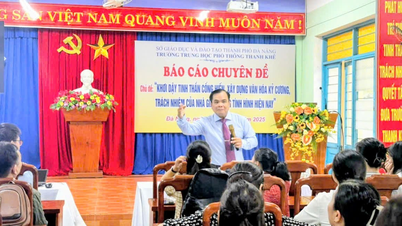

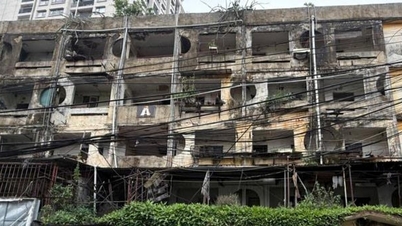





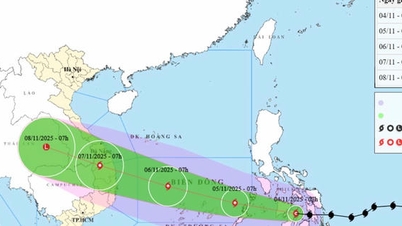









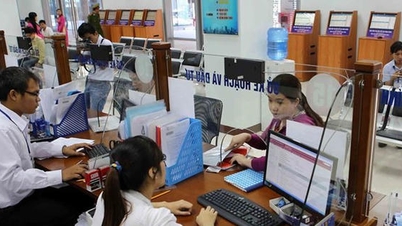
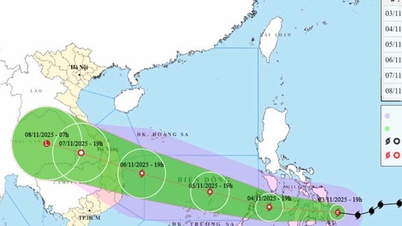

































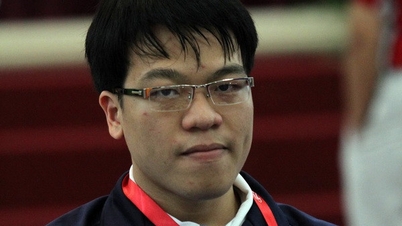

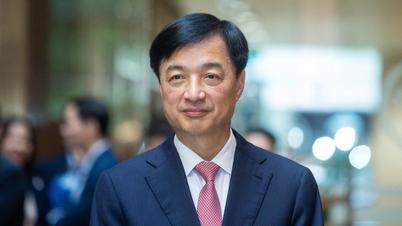






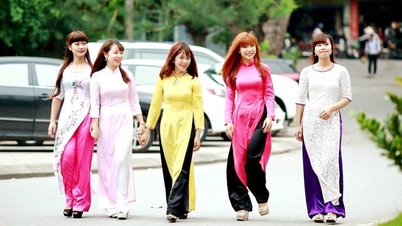


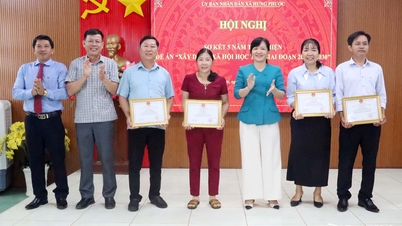

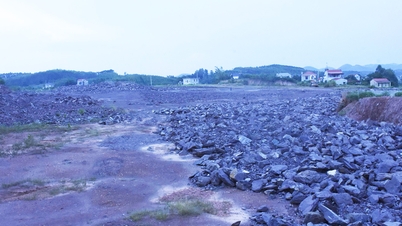

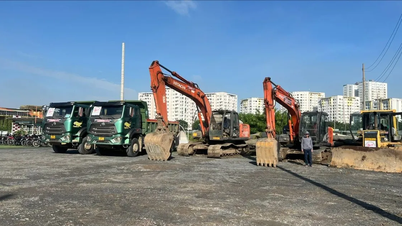

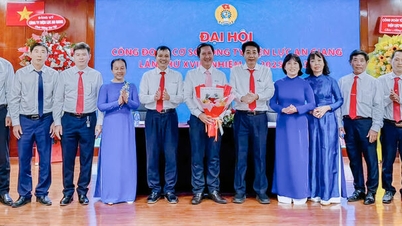

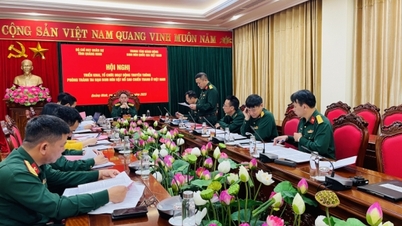

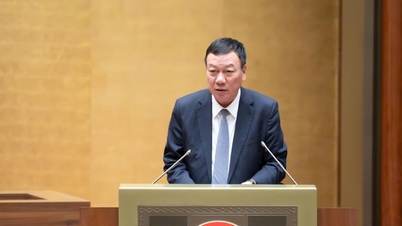














Comment (0)